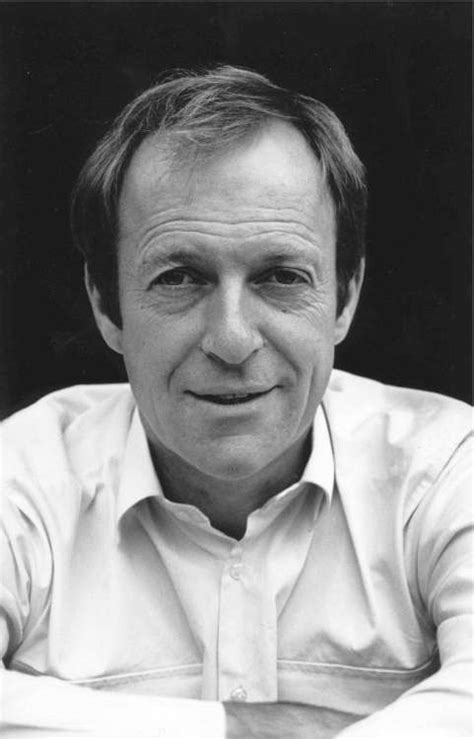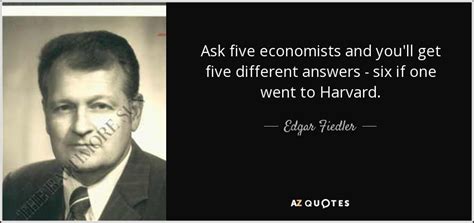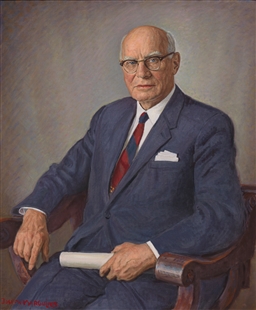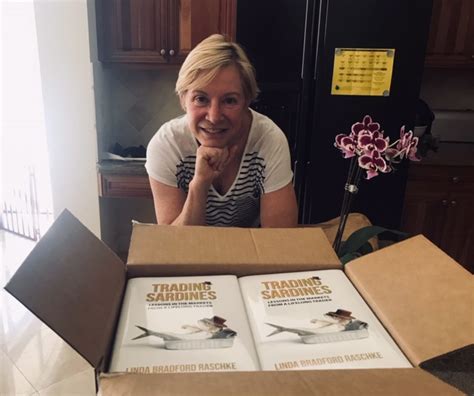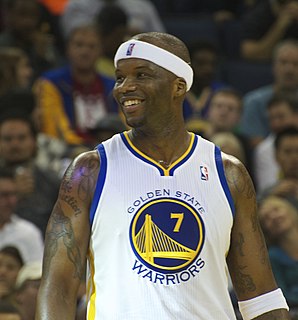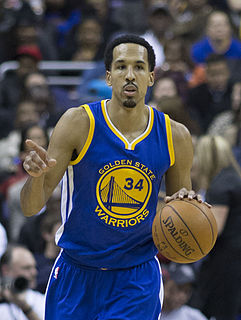A Quote by Dean Williams
Confidence in a forecast rises with the amount of information that goes into it. But the accuracy of the forecast stays the same.
Quote Topics
Related Quotes
Expert estimates of probability are often off by factors of hundreds or
thousands. [...] I used to be annoyed when the margin of error was high in
a forecasting model that I might put together. Now I view it as perhaps the
single most important piece of information that a forecaster provides. When
we publish a forecast on FiveThirtyEight, I go to great lengths to document
the uncertainty attached to it, even if the uncertainty is sufficiently
large that the forecast won't make for punchy headlines.
Satellite photography in the 1970's gave rise to the long-range weather forecast, a month at a time. This in turn gave rise to the observation that the long-range weather forecast was wrong most of the time. In turn, this gave rise to the dropping of the long-range weather forecast and to the admission that really accurate forecasting could only cover the next day or two, and not always then.



